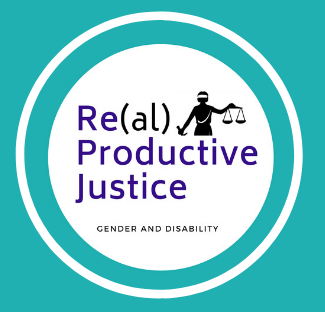Oral history is a way of hearing, recording and documenting the stories, or ‘lost voices’, of people in order to help others understand their lived experiences. Oral history as a method, enables people to recall, recount and review their lives, appreciating that the storyteller is the expert witness.
We are collecting oral histories from disabled people about their reproductive decisions, reproductive decision-making, and reproductive healthcare. These stories may include experiences of contraception, pregnancy, fertility, abortion, surrogacy, adoption and parenting.
To contribute your story, our team will meet with you and with your consent, record and document your experience of reproductive justice. You can also decide how we can use your story i.e. remaining anonymous, providing a fake name, adding your story to an archive.
We want to hear from all people with disabilites. We understand the term disability to include all people with physical, sensory and intellectual impairments, autistic people and users and survivors of psychiatry.
We also want to include the experiences of rural and urban inhabitants, institutionalised people, disabled migrants, disabled people in the LGBTQI community and disabled members of the traveller community.
We are collecting these stories to understand the barriers and opportunities that disabled people have experienced in seeking reproductive justice in Ireland. We will explore the regulatory framework that governs people’s reproductive decision-making. Finally, we will create a toolkit to assist health and social care practitioners to support disabled people in making reproductive decisions and securing reproductive justice.
You can download the form below or have a look at the Easy to Read version here:
